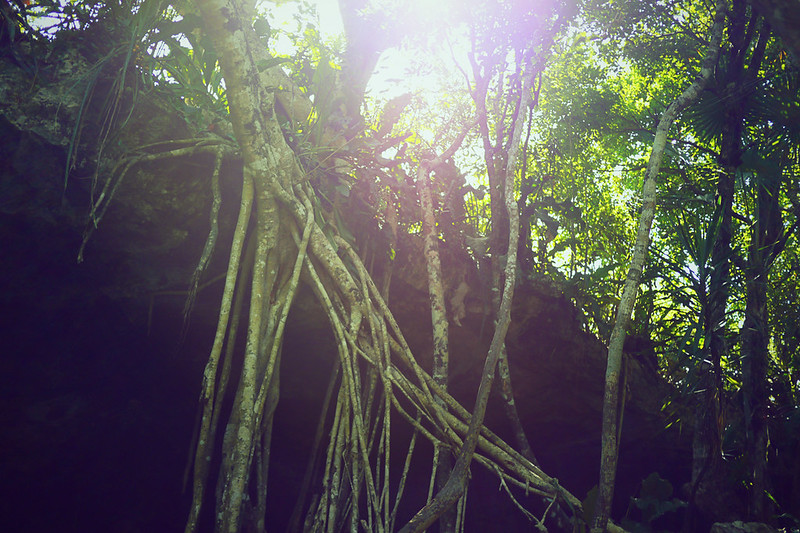Once deemed attractive for a socially and environmentally conscious market, superfoods rapidly gained global notoriety. Companies not only promoted these products to improve health, but they also claimed superfoods helped local economies by providing jobs to farmers and vendors where these foods naturally grow, and that they were even environmentally friendly as their harvest did not require the intensive agricultural practices of other commercial products.
Over time, public policies have failed to protect the ethos of superfoods as local products from large scale corporate interests. Thus, like most commercial crops, they have become subjects of intensive, large-scale farming, wreaking havoc on the environment and siphoning economic opportunity from local entrepreneurs to multinational corporations. As superfoods transcend local traditions and become global fashion items, the Mexican countryside suffers the consequences, both environmentally and economically.
Public policies focused on local producers, promoting market access (justice) and growth opportunities (technologies, economic support, etc.), that also take land use and crop suitability into consideration are desperately needed to help superfoods fulfil their promise as agents of sustainable development.
Superfoods and their production in the Mexican countryside
Although the term “superfoods” has become especially prominent over the last decade, it was likely coined in the early twentieth century as part of the United Fruit Company’s marketing strategy to promote bananas. With medical research supporting exceptional health benefits and very generous press coverage, their campaign proved quite successful.
Today there is a whole catalog of what we now know as superfoods. One day it was the avocado, the next day it was quinoa and cocoa. The list grew to include berries, agave, and even tequila, which is made from agave. In reality, all foods have multiple properties/benefits and always have. However, when big businesses get their hands on these foods, they will promote them by any means necessary, including at the peril of others.
Large scale production of superfoods has a profound environmental impact. In the Mexican state of Michoacán, for instance, avocado cultivation and exportation has been the main cause of deforestation and water scarcity. In fewer than 20 years, some 65,000 hectares have been lost due to “green gold.” The sierras of Jalisco have likewise suffered from the cultivation of berries and tequila, the latter originating in a Mexican town of the same name. Due to its wide demand, commercial farmers have even begun to clear forests to cultivate tequila. This has recently attracted special attention, leading to the proposal of an Agave Responsible Environmental (ARA) certification, which ensures agave will be cultivated on suitable lands. To be sure, this is a step in the right direction. However, demand is growing at a much faster rate and the country’s environmental policies are known for their loopholes and lax authority.
Final reflections
Though superfoods certainly have their benefits, it is urgent that we also recognize and act against their potential negative social effects. To protect against these consequences, we must promote, design, and implement policies favoring the Mexican countryside, particularly focused on small producers rather than large industries, highlighting fair trade, diversification, and access to resources, as well as support for their cultivation.
Main image by Sergey Invanov via Flickr– Creative Commons license (CC BY-SA 2.0).
About the Author

Laura Gómez (San Luis Potosí, Mexico -1984) is an engineer in Environmental Biotechnology with a Master’s degree in Sustainable Development Sciences. Much of her career has been dedicated to research and consulting on issues of environmental conservation, ecology and sustainability, with a special focus on the creation and adaptation of content with different approaches and readers; an area that constantly challenges her, but that she always enjoys. She has worked in the public and private sectors and, nowadays, also as a freelancer. In other facets, she is also attracted to the creation of visual material (mainly scientific/naturalistic illustration) for the transmission of knowledge and to generate awareness in these topics, an area she is learning and hopes to share soon in a public space.

